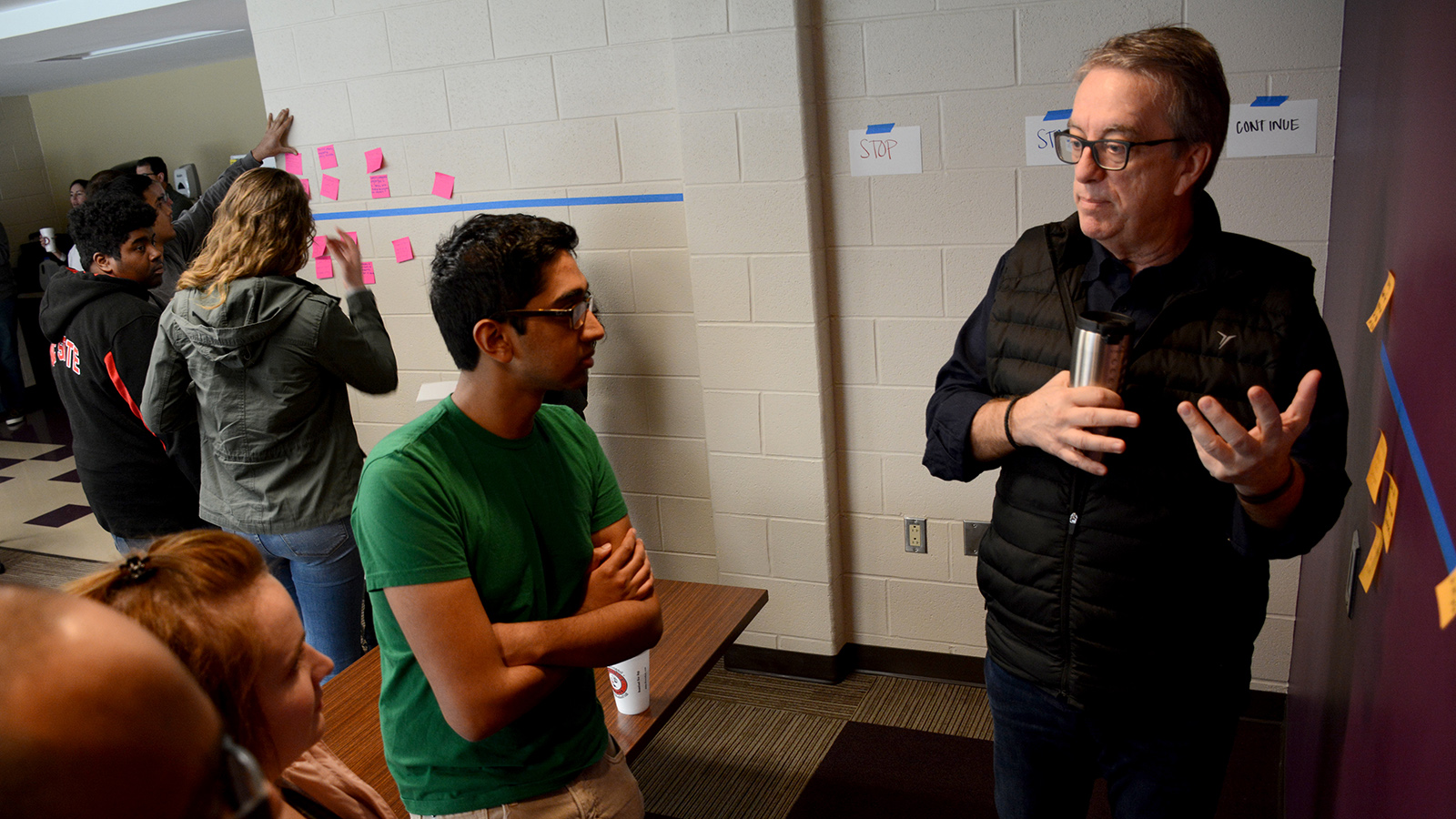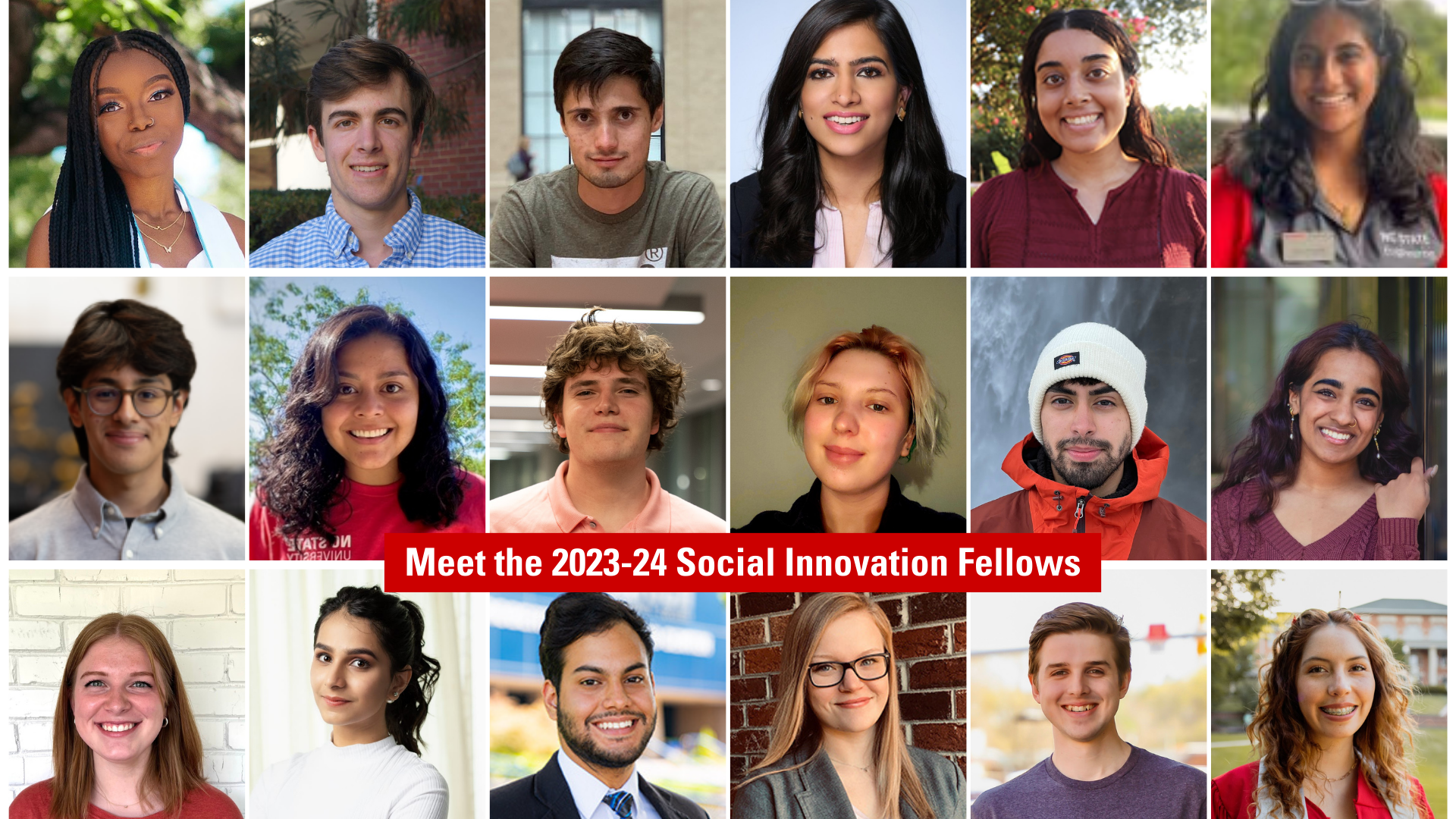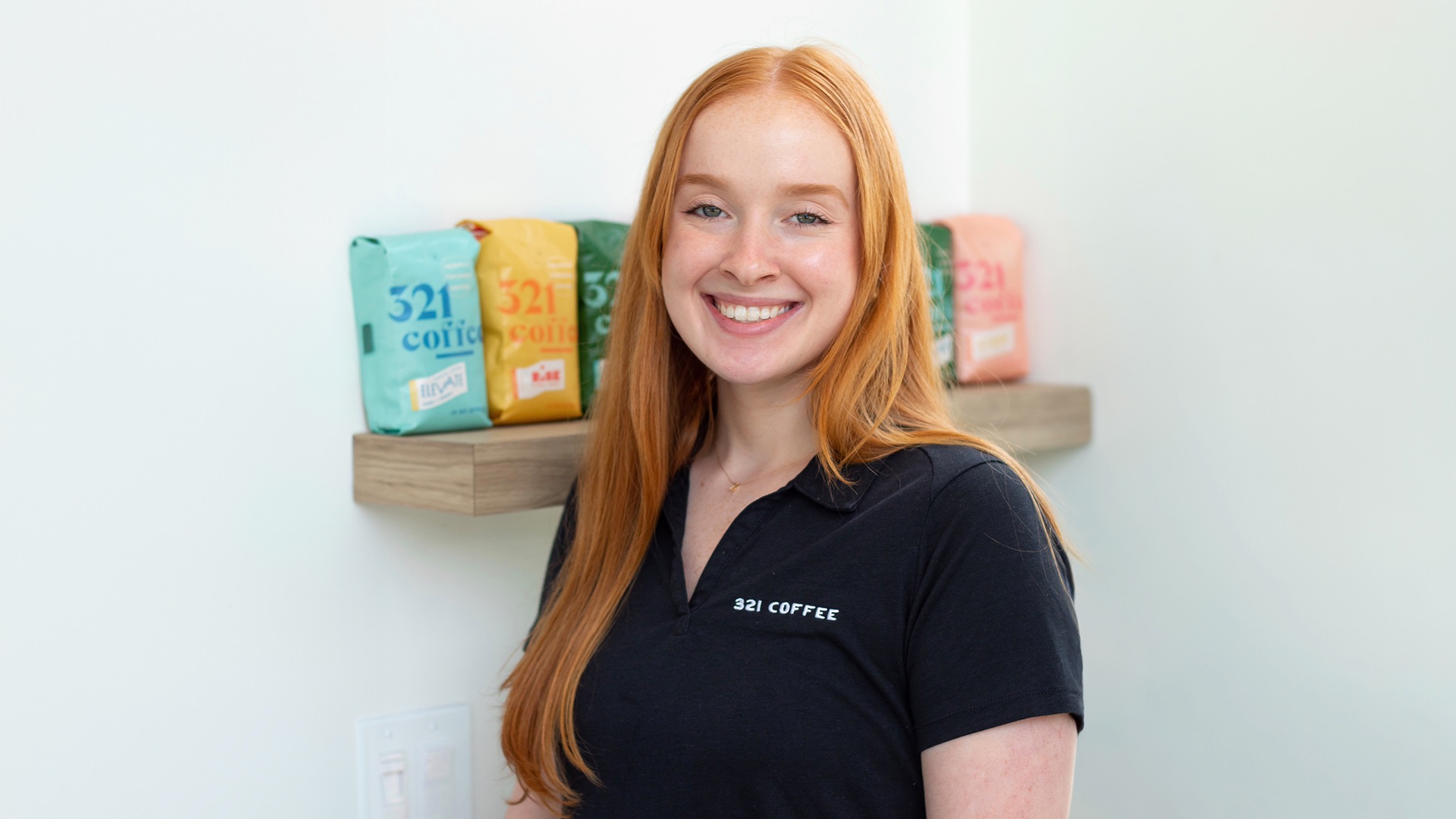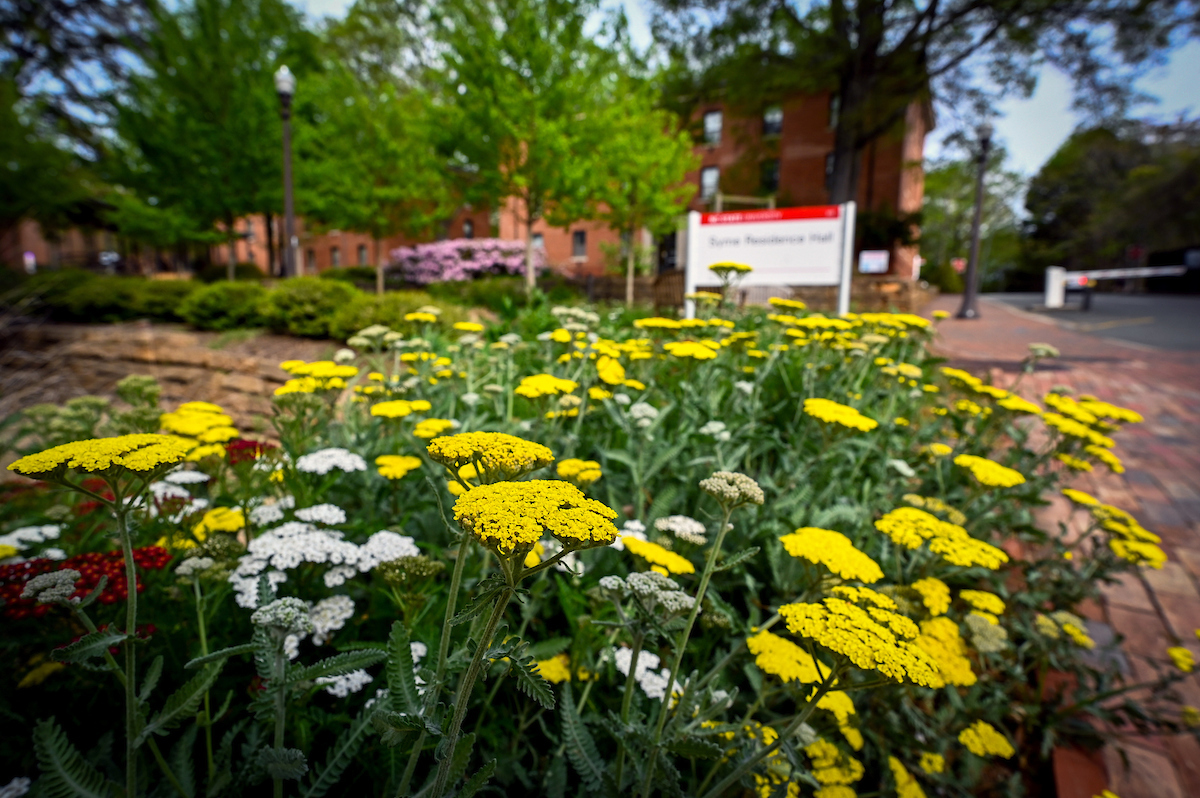Interview with Social Innovation Fellows Mentor Miles Wright

Miles Wright volunteers as one of six team mentors in the Social Innovation Fellows (SIF) program. Team mentors play a guiding role for our student teams, offering them valuable expertise and experience to compliment their own fresh perspectives.
Miles enjoys creating things, whether it be startup companies, products, or ways to help our community – and our planet – solve problems. Balancing extensive pragmatism with an abundance of optimism is his go-to approach for this kind of work. As CEO of Avient Biosciences, Miles works with a diverse team to bring healthier botanical-based medical solutions to a global consumer market using collaborative research, cutting-edge technology, and highly transparent business practices.
His engagements prior to leading Avient Biosciences include a wide range of market and technology applications that interested him such as leading a large area nonprofit, developing state-of-the-art technology in oblique aerial georeferenced imaging, driving an image database company, and many more. Through the years he has founded seven companies and two nonprofits.
Miles graduated from Austin College in 1984 with a BA, double majoring in English and Psychology. Raised on a ranch in Texas, he has spent the last 30 years in NC. In his off hours he struggles at “defining a stronger golf game”, enjoys area concerts, travels, cycles, and will find as many excuses as possible to be outdoors.
Why did you choose to be a team mentor? Why does this program matter?
I have been involved in the entrepreneurial space at NC State for many years, and as I talk to students, what I heard most of them express to me was that they were really interested in social impact work instead of traditional capitalism and entrepreneurship as a singular focus.
I didn’t hear “I want to generate a lot of money” what I heard was ”I want to generate a lot of meaning”…“a lot of impact.”
As my own thoughts started overlapping theirs, [the Social Innovation Fellows] was the natural place to get involved.
What do you enjoy most about being a mentor? What do you get out of it?
The self-delusion of omnipotence, what else?

Just kidding. I like being around students. These multi-disciplined students that come in with open minds and the desire to solve problems. I just find smart people who want to do good in the world, something I want to be around. Nothing more complicated than that.
I will also say it’s fun to be around people who are [wanting to acquire more knowledge.] In the business world we surround ourselves with people who pontificate their knowledge instead of being open and honest about wanting to acquire more.
Tell me about one of your favorite projects that you’ve worked on. Not SIF related.
I’ve never really thought about ranking them. This might be down the wrong path but…
One day, the CEO of an NC State startup and I challenged each other to a science off. He had an electrical engineering company, I had more of a chemical engineering company. The challenge was: taking a roller derby kind of car and tying rockets to them to create a competition to see who can shoot one of those cars highest in the air, who can make it go the fastest, who can create the most spectacular demolition of this car.
We went to [Dorothea] Dix park, shot off a bunch of rockets, and we were invited by the police not to do that anymore. It was geeky on the science side, friendly competition and collegiality across NC State startups, and a whole bunch of fun that built some awesome team chemistry.
That sounds really fun.
It was so fricken awesome.
I got to work on the demolition one. I went and bought a ken doll, dressed him like Elvis, and sent him screaming down the raceway. The car was meant to end up in a kiddie pool of gasoline that he was supposed to land in and then catapult out of due to the explosion.
What is one of the biggest lessons you have learned in your career?
When we start talking about a list of lessons it’s a long list.
The ability to work with people is 10x more important than my ability to work by myself. As an introverted person, there’s a tendency to want to do it all or do it myself. But building a good team around you, knowing how to do that…knowing how to build a company, a movement, an “effort DNA”, beyond knowing how to do something, is really where it comes down to the efficacy of getting somewhere.
There are lots of people who know how to make different kinds of DNA. Each of our team mentors brings a different energy to their group. Your ability to recognize and be intentional about who you surround yourself with and how you build teams and build effort is really important. We do that with our friend circles and our family circles. We do it with what we study. Knowing how to curate our groups is important.
What do you think is the biggest challenge about being an entrepreneur at this time? Especially for young people just beginning.
I think there are two major challenges…
The first, most persistent, and the ever-present challenge is raising capital. That is just always a hard challenge.
The second challenge is:
Figuring out who to trust. What ventures to get involved in. What matters to you.
It’s easy to get involved in things that aren’t going anywhere. It really comes down to who to trust.
There’s no question that it’s a difficult skill to hone. In the history of the human race, how many people can we name who really had a great skill around being predictive? You can say some business people, but I think luck has more to do with it there. The last person who was any good was Nostradamus. So it’s a pretty rare skill.
What do you think students most need to hear right now?
“Your test is negative.”
Other than that? Knowing there’s a place of undiscovered community and belonging out there is important, even if you don’t believe that yet. I don’t care if you are an english literature student or a chemical engineering student. It’s a common struggle figuring out how you fit in this world, but the reality is that every one of you do fit.
As big and scary as the world is, they have the ability to have a meaningful impact in it. There’s a place out there for that.
- Categories:


